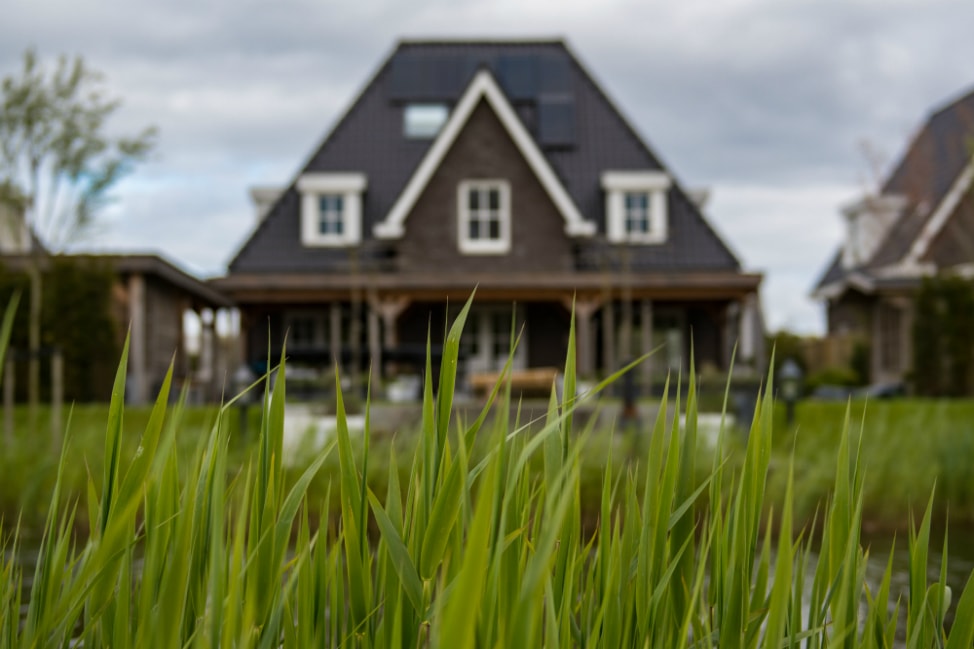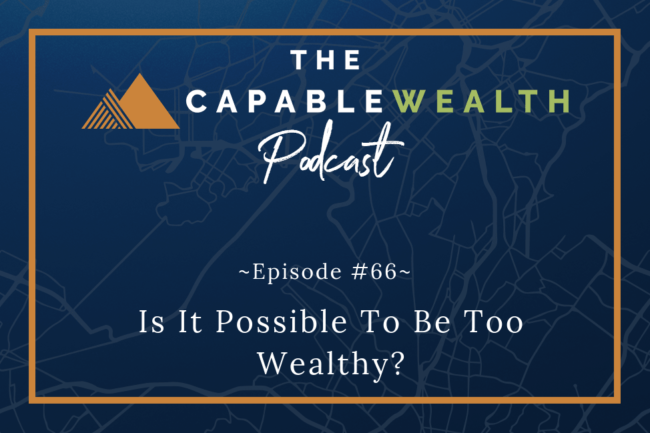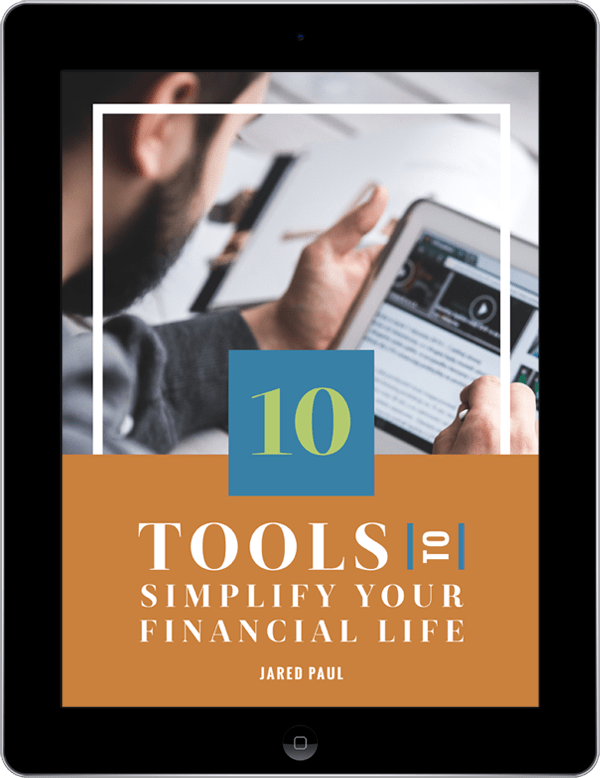You may have seen my past article about why you should NOT buy a house. If so, this one might seem hypocritical.
[3 Reasons Why You Shouldn’t Buy A Home (And One Why You Should)]
But, trust me, it isn’t.
For one, I think it’s healthy to challenge your own viewpoints, from time to time.
Also, if you read that article you’d understand that it isn’t a black and white decision – there are shades of gray.
WHY YOU SHOULDN’T BUY A HOME
The main reasons I said you shouldn’t buy a home is because it creates 3 things:
1 – A lack of mobility
This can be quite burdensome – especially for younger individuals at the early stages of their careers.
2 – Increased debt burden
This can limit your choices in the future.
3 – Not the great investment your told
The average returns of owning a home – when you factor in all of the additional expenses like maintenance, repairs, cap ex, etc. – aren’t that great.
WHY YOU SHOULD BUY A HOME
But there are still some silver-linings for those considering a home purchase.
One of the reasons I have thought twice about my previous article was a conversation I once had.
I was doing an interview with a well-known individual who was a big advocate of home-ownership. He spoke about home-ownership as a way to build equity, capital, and future options.
He is right, if you own a home it can act as collateral in the event you want to take out a loan, open a business, or enter into some other type of transaction that necessitates it.
And, so, this got me thinking about a few things.
AMERICANS ARE POOR SAVERS
I’m sure you’ve seen some of the numerous articles or headlines describing how bad most people are at saving money.
“6 in 10 Americans don’t have $500 in savings” – CNN Money
“40% of Americans can’t cover a $400 emergency expense” – CNN Money
I realized that even if there are “better” ways for people to save money, the monthly payment of a mortgage is a great way to force someone to save money by acquiring more and more equity in their home.
It’s completely different than creating a budget and planning to save X amount each month into your “rainy-day” fund, or your retirement account. You can easily decide to not do that at any point.
But, on the other hand, you can’t just choose to not pay your mortgage without a serious consequence – losing your home.
There are a couple strong psychological components here that can go unnoticed.
1 – Your family is relying on you to maintain the household. Not contributing to your retirement account will have an effect, but not for years to come. Missing mortgage payments can mean your family getting kicked out of your house.
2 – Social pressure is a strong force. None of your friends know how much you are contributing to your 401(k) on a monthly basis, but if you are foreclosed on for missing mortgage payments, you can’t hide that.
I’m not suggesting that we should do things based on what others think. But the reality of the situation is that most people do care what others think. So, unless you can change your mindset around that, you might as well use it to your own benefit.
AVERAGE HOME EQUITY
You can see the value of homeownership when you look at statistics of home equity that people build up over time.
For those under 35 years old, the median home equity is $20,000 (2015). But as you move up the age brackets, you begin to see a steep rise.
For those between 45 to 54 years, median home equity was $70,000. And for those 65 years and over, it was $130,000.
What was particularly interesting is that for the typical American at age 65, their net worth was $194,226. But if you remove their home equity, it drops to just $43,921.
TAKING WHAT YOU CAN GET
I’m a big advocate of having a proper saving plan and investing for the future. I’d love it if more people would divert some money they are spending on useless stuff toward their own future. But, I know it can be difficult to make the mental change necessary to avoid all of the poor spending habits we’ve built up over the years.
The next best thing is to find ways to force ourselves to take good actions.
I still don’t think buying a single-family home is the best way to build wealth, but it certainly beats what most people are doing.
Capably Yours,
Jared















